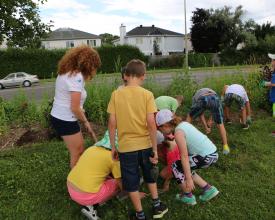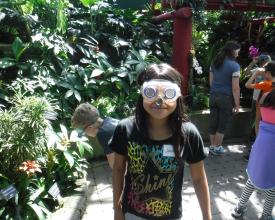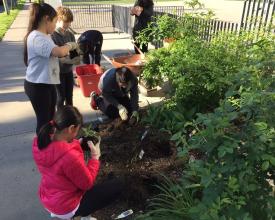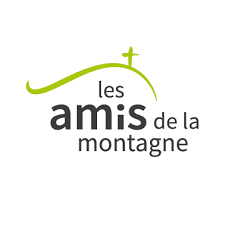
WILD spaces: Connecting urban youth to nature through habitat stewardship in pollinator gardens
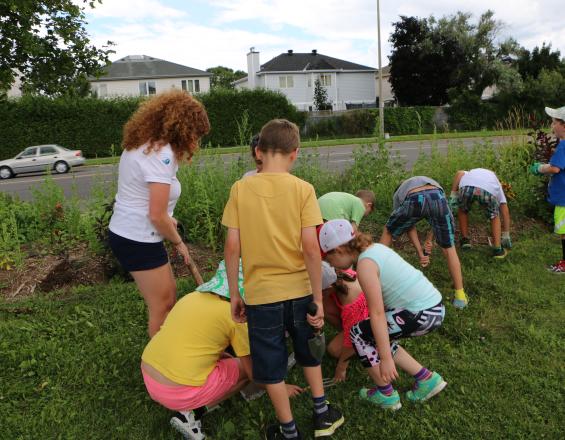
WILD Spaces is a pollinator garden conservation education program for elementary schools offered by the Canadian Wildlife Federation (CWF). This program is designed to connect children to nature and help protect native pollinator habitat in some of Canada’s largest cities.
The program pillars are online learning in a virtual classroom, service learning by enhancing pollinator habitat in a school or community garden, citizen science made easy through photography in the garden, and celebrating with recognition through CWF’s Garden Habitat Certification.
Subject to funding, eligible schools also receive free pollinator-friendly plants, field trips to botanical gardens and in-school workshops.
Impacts
In Canada and other areas of the world, children are spending longer hours indoors and are missing out on the physical and mental health benefits the natural world.
Through this program 850 educators have reported learning was taking place outdoors in the garden with over 53,000 youth. These educators were provided with tools through the program to help pollinators in the garden with their students and to help shape a young generation of conservationists.
Wild pollinators are essential for food security, healthy ecosystems and stimulating the economy. As more land is altered for human activities and pesticides are used on pollinator feeding and breeding areas in Canada and other parts of the world, safe pockets of pollinator habitat in urban areas have become important sources of food and shelter and essential for pollinator habitat connectivity.
Between 2015 and 2019, this program supplied 470 school and youth groups with over 17,000 pollinator-friendly perennial plants to enhance pollinator habitat in school and community gardens across Vancouver, Calgary, Edmonton, Saskatoon, Toronto, Ottawa/Gatineau and Montreal.
Between 2016 and 2018 additional program funding allowed for a very immersive learning experience that included field trips to local botanical gardens and in-person workshops delivered by urban staff from partner organizations in the five most populous Canadian cities.

